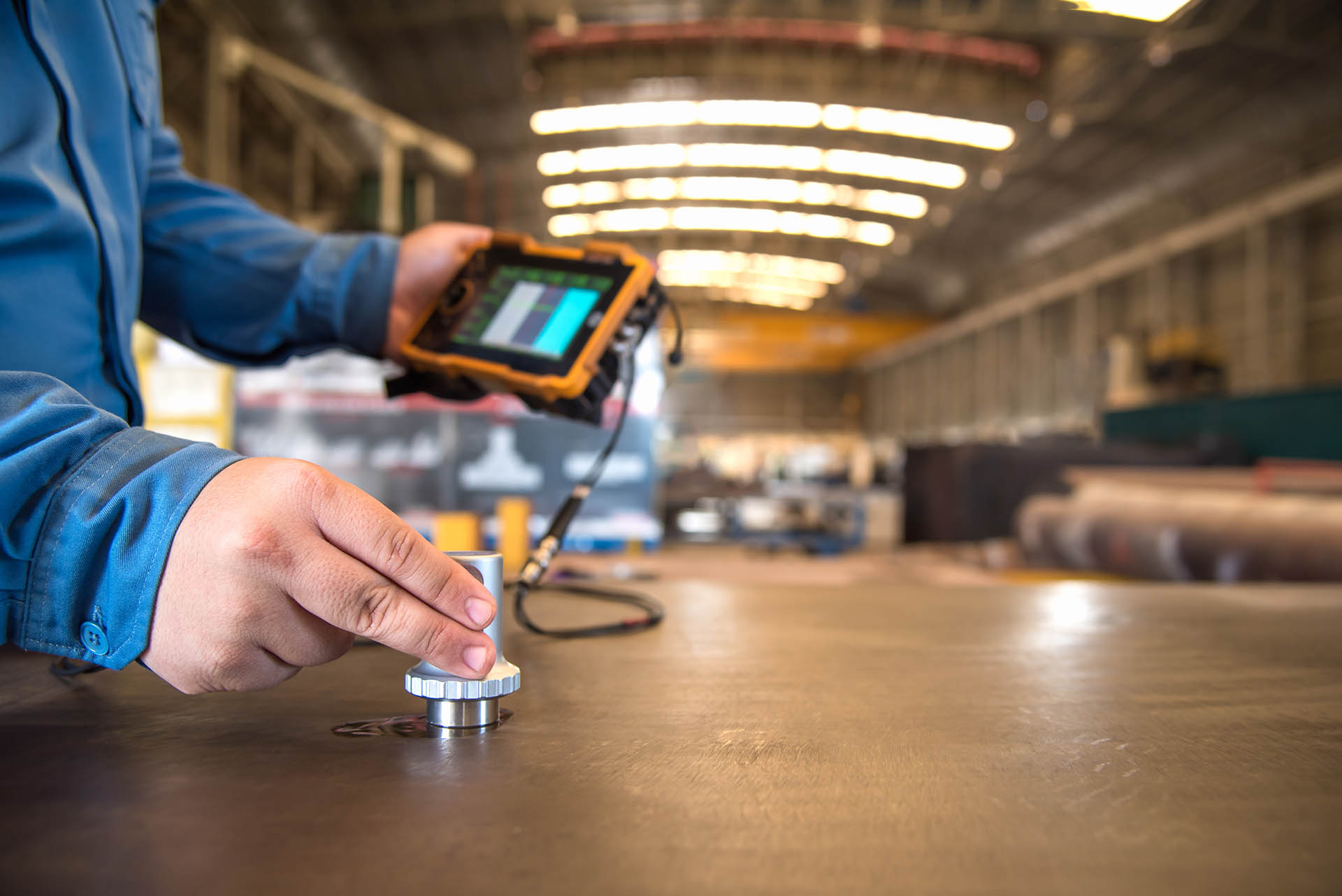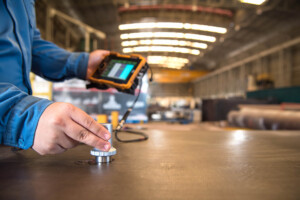Introduction:
In Dubai’s fast-paced and rapidly expanding industrial landscape, ensuring the safety and reliability of manufacturing plants is of paramount importance. Non-Destructive Testing (NDT) inspection plays a crucial role in safeguarding these facilities by identifying flaws and defects without causing harm to the tested components. In this blog, we will explore the significance of NDT inspection in Dubai’s manufacturing plants, with a particular focus on NDT inspection in Dubai and the importance of pressure testing.
Understanding NDT Inspection:
NDT inspection is a set of testing techniques that enables the assessment of a material or component’s integrity without causing damage. These methods are employed to identify defects, cracks, discontinuities, or material inconsistencies that could jeopardize the safety and functionality of equipment in manufacturing plants. NDT inspection not only helps prevent costly breakdowns and downtime but also ensures compliance with stringent safety regulations.
NDT Inspection in Dubai:
Dubai’s thriving manufacturing sector requires adherence to the highest safety standards. NDT inspection services in Dubai play a pivotal role in assessing the structural integrity of critical components, such as pipelines, pressure vessels, and industrial machinery. By employing advanced NDT techniques like ultrasonic testing, magnetic particle testing, and radiography, experts can identify hidden defects and make informed decisions about the need for maintenance or repair.
The Importance of Pressure Testing:
Pressure testing is a vital subset of NDT inspection, especially in industries where pressure vessels and pipelines are extensively used. These vessels are subjected to significant internal pressure during operation, making them susceptible to failure if not adequately tested. In Dubai’s manufacturing plants, pressure testing ensures that equipment can withstand the intended pressure levels without posing any safety risks.
Preventing Catastrophic Failures:
By employing NDT inspection and pressure testing, manufacturing plants in Dubai can effectively prevent catastrophic failures that could result in significant damages, injuries, or even loss of life. Identifying potential flaws before they escalate into critical issues allows for timely repairs or replacements, guaranteeing the safety and longevity of the equipment.
Enhancing Plant Efficiency:
Regular NDT inspections in Dubai’s manufacturing plants improve equipment reliability and, consequently, overallplant efficiency. By detecting and addressing minor defects early on, the risk of sudden breakdowns and production halts is minimized. This proactive approach ensures smooth operations and enhances productivity.
Regulatory Compliance:
Dubai has stringent safety and quality regulations that all manufacturing plants must adhere to. NDT inspection is not only a proactive safety measure but also a compliance requirement. By conducting regular NDT inspections and pressure testing, plant operators can demonstrate their commitment to safety and regulatory compliance.
Cost-Effectiveness:
While some may perceive NDT inspection as an additional expense, it proves to be a cost-effective investment in the long run. Detecting and addressing issues early on can prevent extensive damage that may lead to expensive repairs or replacements. Additionally, the prevention of accidents and unplanned downtime translates into significant cost savings.
Conclusion:
In Dubai’s dynamic manufacturing sector, safety assurance is a top priority. NDT inspection and pressure testing play a vital role in identifying potential flaws, ensuring regulatory compliance, and preventing catastrophic failures. By embracing these advanced testing techniques, manufacturing plants can bolster their safety standards, enhance efficiency, and safeguard their valuable assets and workforce. Implementing regular NDT inspection not only fosters a culture of safety but also reinforces Dubai’s reputation as a hub of responsible and sustainable industrial practices.


